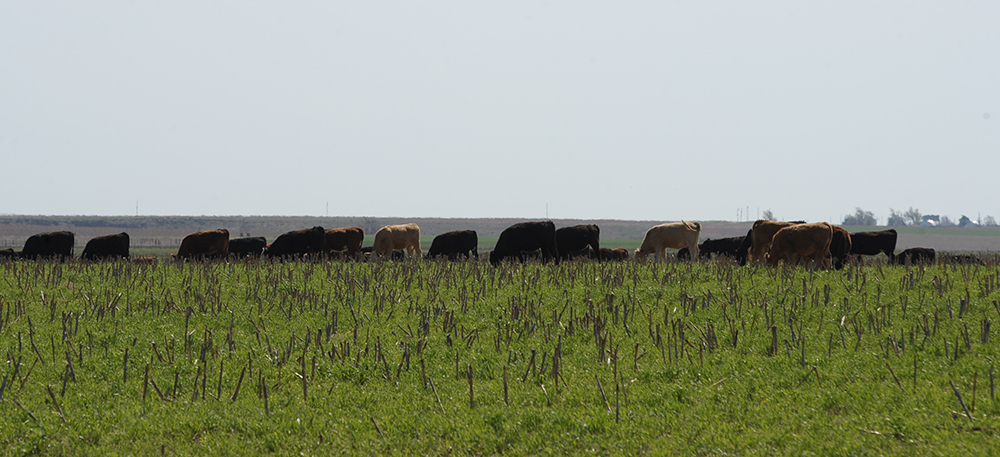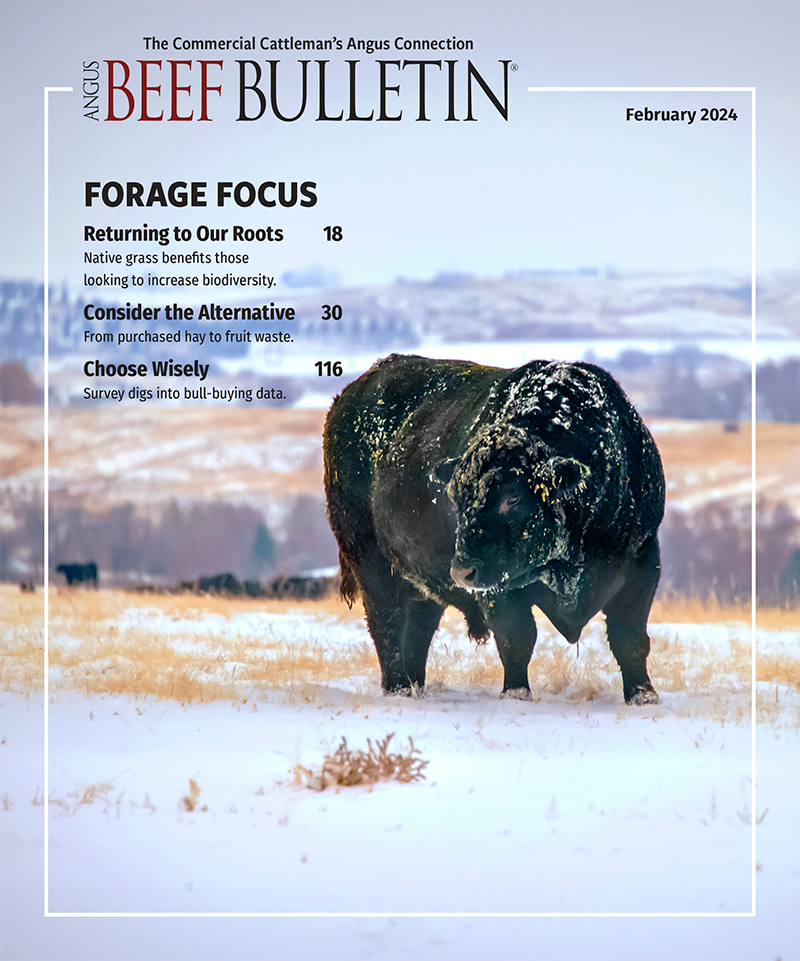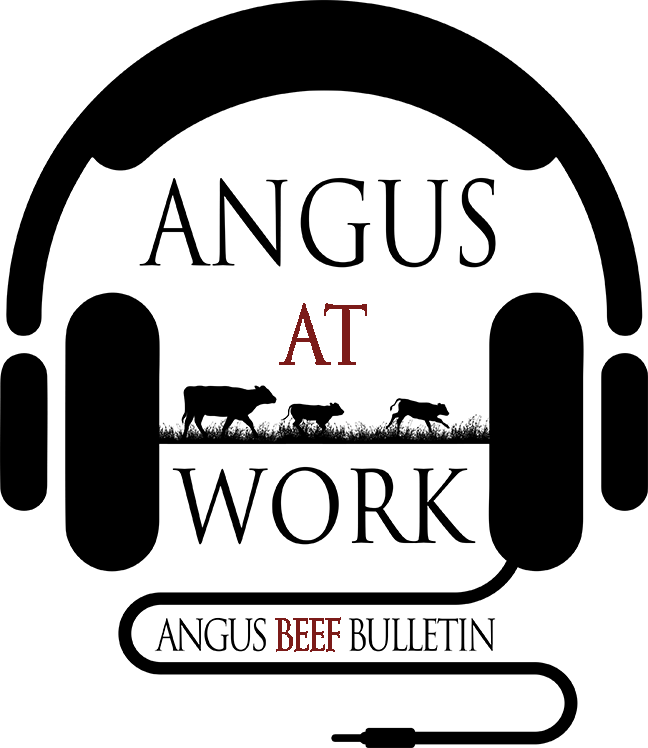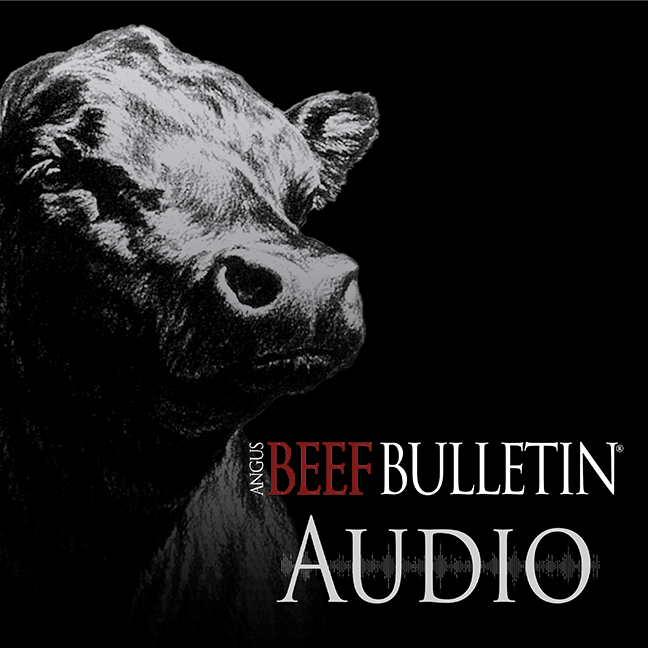The Basics of Wheat Pasture Frothy Bloat
Tips to manage cattle on wheat and other forages to prevent frothy bloat.
Bloat can be a prominent issue this time of year for cattle grazing small-grains pasture. Environment, weather, forage growth stage and forage quality all play a role in the occurrence of bloat. Even though we understand why it occurs, bloat can be hard to predict.
Read More
Q&A With a Veterinarian: Bovine Lameness
How lameness affects the bottom line, and what can be done to prevent it.
Lameness is one of the costliest animal health issues affecting the cattle industry, and it’s a topic of great interest to Lacey Fahrmeier, Valley Vet Supply technical service veterinarian and former “Health & Husbandry” author for the Angus Beef Bulletin. During her time at Kansas State University, she conducted research in bovine lameness, and she treats a number of cases at her veterinary clinic in southern Montana.
Tips for Managing Calving in Muddy Conditions
Fresh, clean bedding is key to keeping cows and calves healthy.
Mud conditions in calving areas can lead to health concerns in both the cow and the calf. Mud and moisture prevent the hair coat from insulating and maintaining body temperature, leaving newborn calves vulnerable to hypothermia. Mud also increases the energy requirements for the cow and may lead to decreases in body condition score (Nickles, et al. 2022).
February 7, 2024 | Vol. 16 : No. 2-A
Feeding Cornstalk Bales
K-State cattle nutritionist explains how cornstalk bales can be a feed resource.
When eating a salad, imagine how it might taste if all there was to eat were the stems of the plant. Not very appealing, right? Similarly, cattle that are offered cornstalk bales to eat in place of hay also often find that to be less palatable, said Phillip Lancaster, beef cattle nutritionist for the Kansas State University Beef Cattle Institute.
Mycotoxins Steal Profits
Why mycotoxins are more prevalent today than ever before.
Mycotoxins (poisons created by certain molds) have always been a problem. But with modern agriculture, feeding practices and feed storage, they are more prevalent today.
Importance of Colostrum
The passive immunity transfer window may be shorter than you think.
Newborn calves need colostrum to protect them from diseases during the first weeks of life. Unlike human babies who obtain their mother’s antibodies via her bloodstream and placenta, ruminants are born with a naïve immune system.




